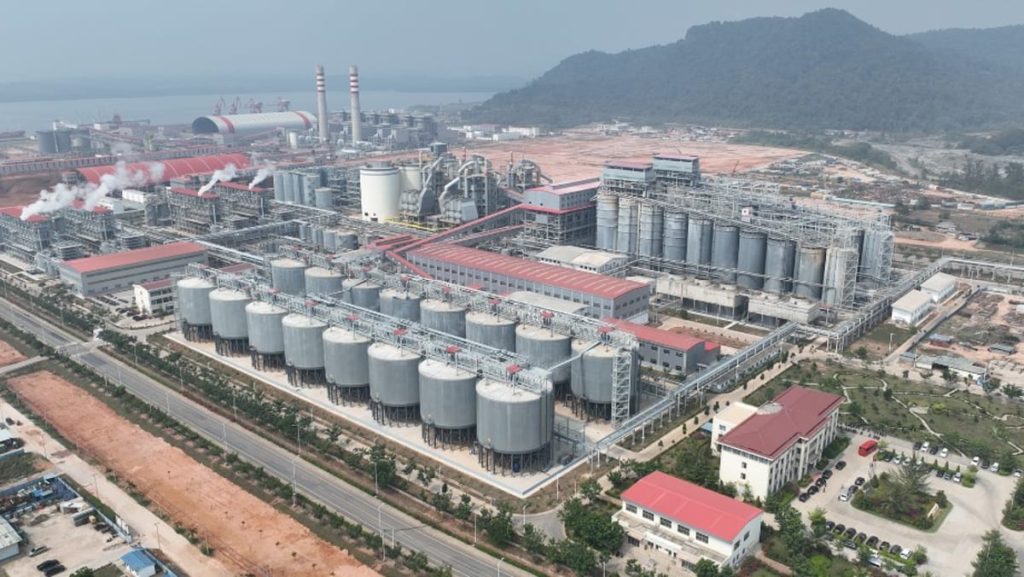Indonesia is offering longer tax exemptions and various other fiscal and non-fiscal benefits to investors in its special economic zones (SEZs). The government has confirmed plans to add four more SEZs to the existing 22 designated economic areas in the country, with a total investment value of 161 trillion rupiah (US$9.9 billion). The SEZ National Council secretary general Rizal Edwin announced that investors with a minimum investment value of 1 trillion rupiah will receive a 20-year corporate income tax exemption. Those with lower investment values will also be eligible for tax exemptions ranging from 15 to 10 years.
In addition to tax exemptions, other fiscal incentives for SEZs in Indonesia include tax holidays, tax allowances, value-added tax exemptions, tax exemptions on luxury goods sales, and regional tax exemptions. Non-fiscal measures will also be implemented to attract foreign investment in SEZs. These measures include the government’s assistance in providing facilities for investors, such as building use rights for up to 80 years, ease of access permits, and allowing 100% foreign ownership. These facilities aim to increase Indonesia’s attractiveness and competitiveness in order to boost the economy in the area and reduce regional inequality.
In Indonesia, there are certain industries where foreign investors are allowed to have full ownership, including oil and gas construction services, oil and gas drilling at sea, geothermal drilling, the timber industry, and internet service providers. The development of SEZs in Indonesia began in 2009 with the passing of the Law Regarding Special Economic Zones. These designated areas are subject to unique economic regulations aimed at creating more equal economic development among different regions, which have historically been concentrated in Java and Sumatra.
The first SEZ in Indonesia was established in Tanjung Lesung, located in Java’s Banten province and opened in 2012. The current 22 SEZs in Indonesia are spread throughout the country, focusing mainly on the industrial, tourism, and digital sectors. The government’s efforts to provide longer tax exemptions and other incentives to investors in SEZs are intended to attract more foreign investment, stimulate economic growth in these areas, and reduce regional disparities. Through these measures, Indonesia aims to enhance its competitiveness and attract more foreign investment in SEZs, ultimately benefiting the economy as a whole.


